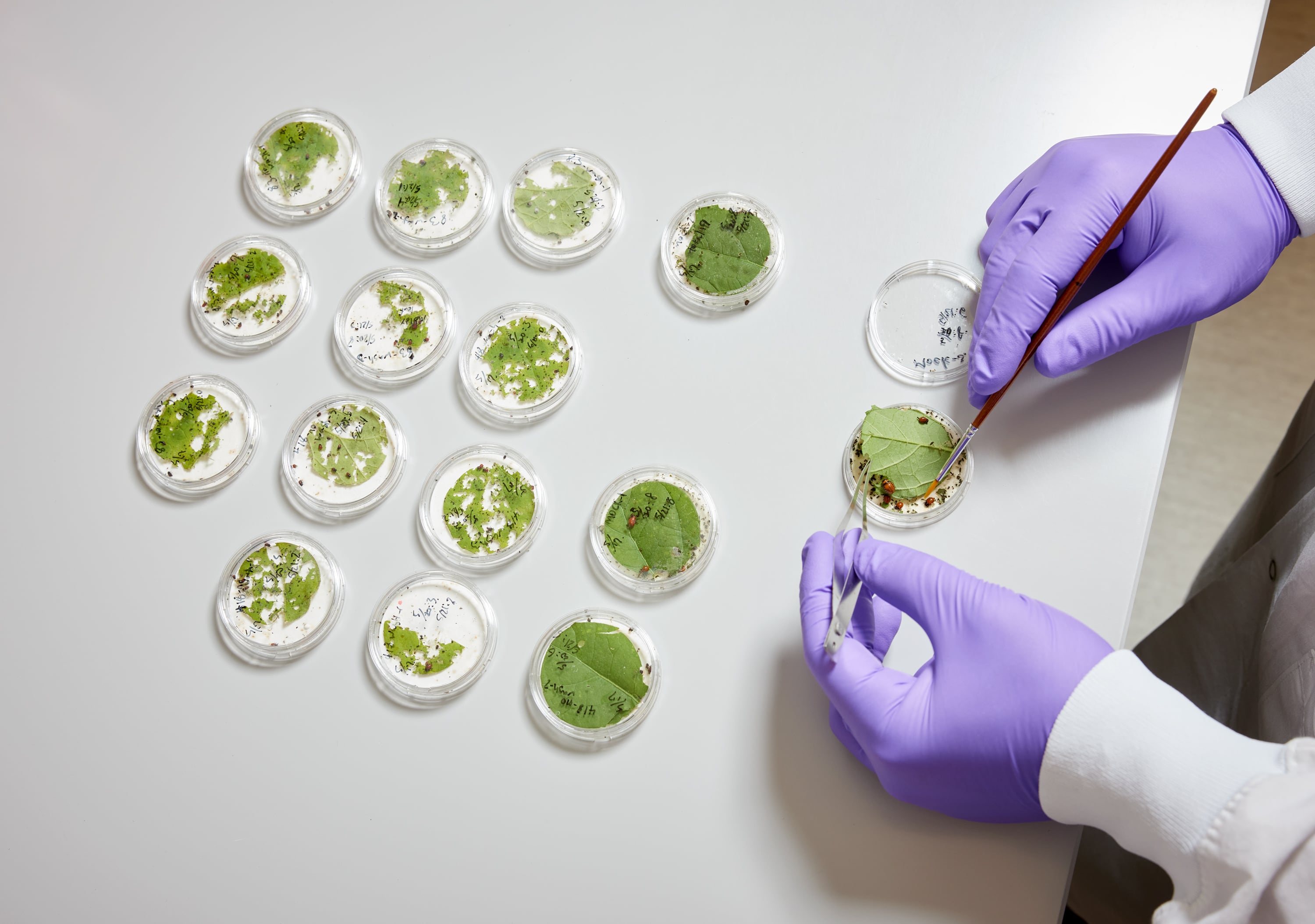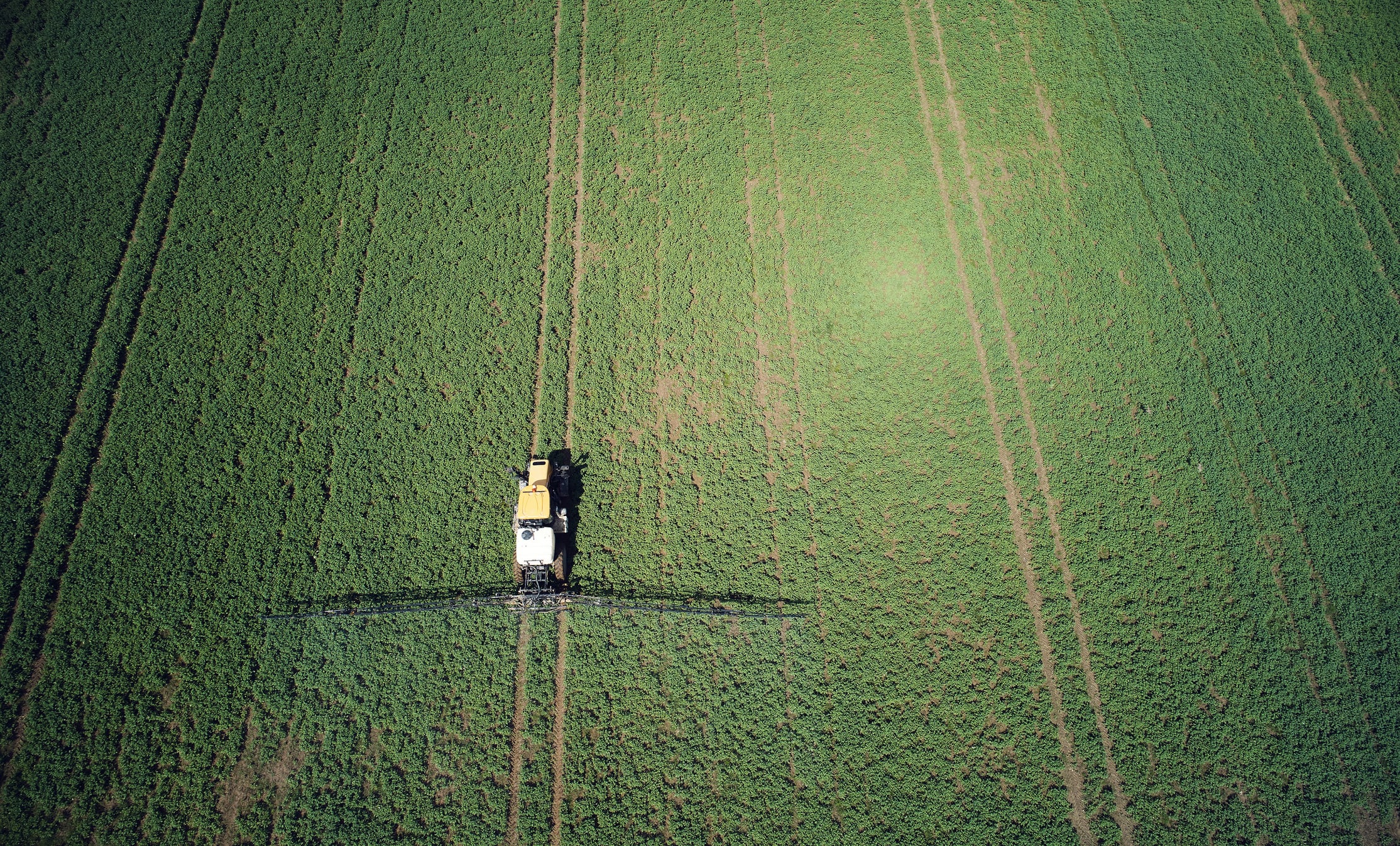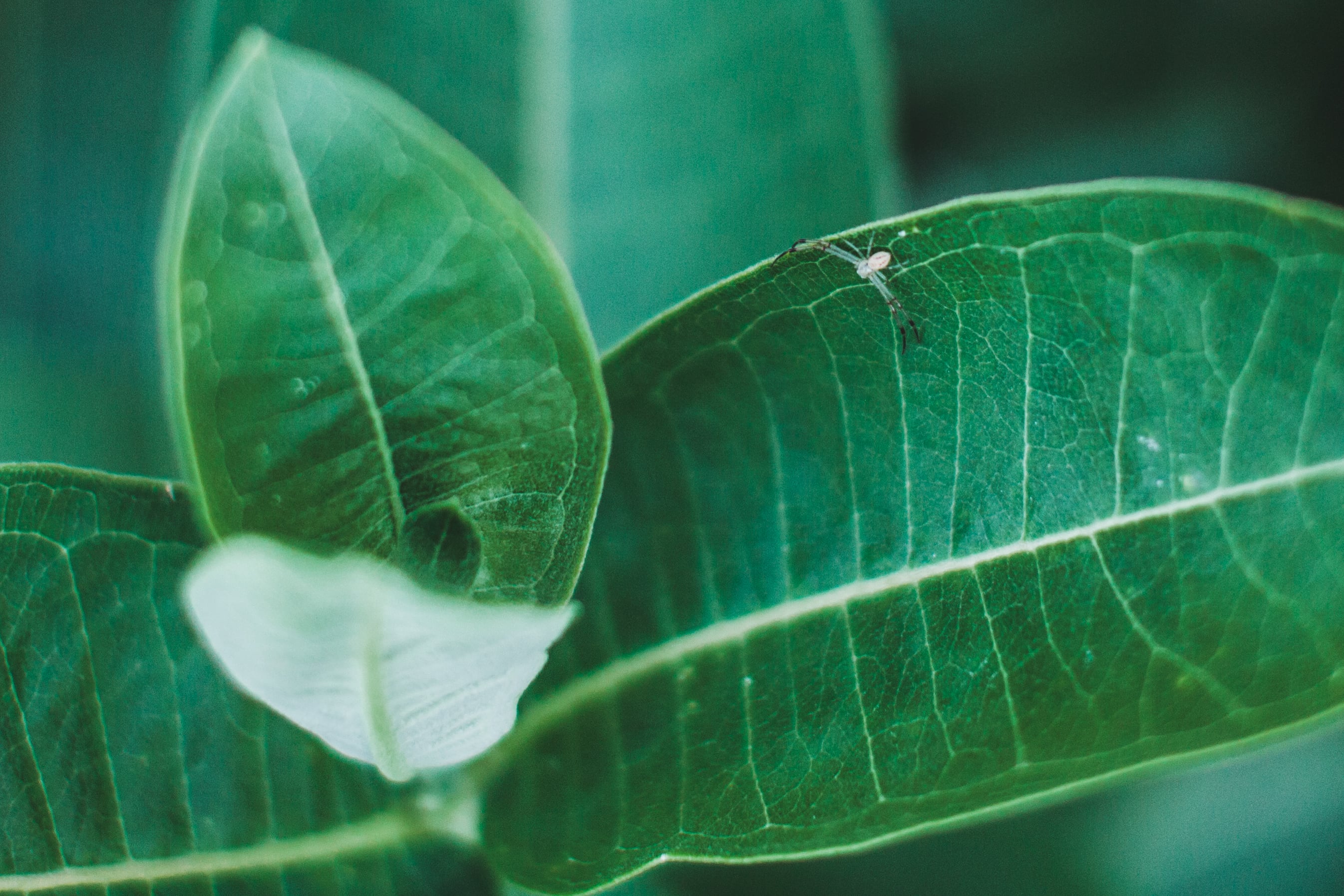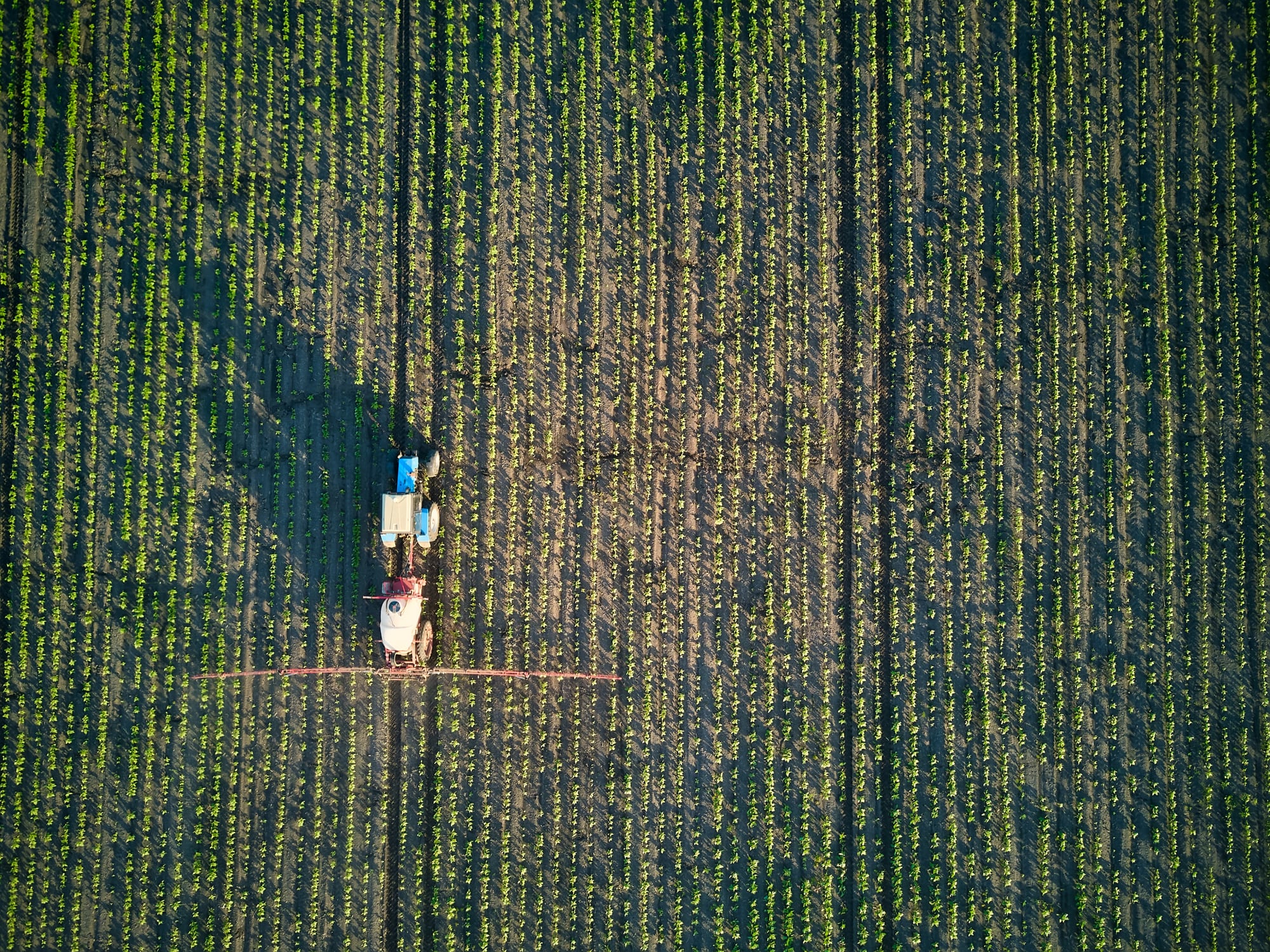Terrana’s RNA-based technology platform is developing solutions that tick various boxes – from protecting crops from diseases and pests and enhancing plant resilience to climate stressors to increasing crop yields and maintaining soil health.
Flagship has initially committed $50 million to Terrana to scale operations and develop its first products. The initial focus is on crop protection and designing antivirals for plants and RNA-based alternatives to traditional pesticides, Rapp told AgTechNavigator.
‘Prevent, protect and improve’
“We have classes of products called ‘prevent, protect and improve’,” he said. “Prevent is about vaccinations and inoculations that teach the plants how to recognise pathogens and destroy them before they become an infection. The protect class is about dealing with problems when you already have them like delivering anti-fungals and anti-bacterials. The improve class of products is about delivering things like drought tolerant sheens and tools to help with editing.”
Over 15 product candidates are in development, the company says. It has demonstrated proof-of-concept in tomatoes, corn, and soybeans.
“We are starting with building the business around crop protection initially and that’s really focusing on getting the antivirals out the door as our first product and then coming quickly behind that in corn and soybean with products that can solve a broader range of problems.”
The scope of the platform isn’t limited to crop protection, he stressed. “We can do a lot of things like deliver drought tolerant genes. We can look for genes for wet and cold tolerance as well as deliver other tools to help in plant product development.”
Antiviral solution for tomatoes
The first product specifically will be an antiviral solution for tomato that he expects to be on the market in North America and Mexico in the next few years with important tomato markets like Spain and Morocco to follow.

“Tomatoes have a lot of unmet needs in protected culture and field culture,” Rapp. “If you get a plant virus you basically have to burn the field down and start over. We believe we can give farmers a new option for early inoculation when the plants are still young that will give them protection for the life of that pant.”
Soybean and corn antifungals will follow
Soybean and corn antifungals will follow, he predicts. He noted that in Brazil farmers are spraying up to 16 times a year to control Asian soybean rust and other fungal pathogens. “That’s four sprays per three crop cycles. We think that with our product we can potentially help them reduce that to a single spray per crop cycle. That would really change the dynamic with the pest for the farmer, giving them some better economics.”
“We are focussing first on getting these formulated as both sprays and then getting them formulated as seed treatments, so they are compatible with some of the other small molecules and biological seed treatments that are out there today. Our goal is to work within the existing ag retail chain to develop some partnerships there and sell to the farmers that way.”
New ways to protect plants
Besides the crop protection space, Rapp explained how Terrana’s tech envisages improving plants.
“It’s getting warmer and warmer in the US Pacific Northwest where we grow all of our cherry trees,” he said. “Those trees require an enormous amount of cold hours – below 45 degrees – every winter in order to flower and to set high quality fruit. Without those chill hours you get really bad harvests. “
In response, farmers have few good options. “They can cut down the trees; they can hunt for new genetics that require fewer chill hours to grow them and hope that people like those cherries and that they taste as good as the old ones. Or they can move their operation to Canada and keep the same genetics.
Terran’s technology gives us the different way to look at it, he claimed. “As a species we know the genes that control how plants perceive cold. We can actually go in during the summer, spray the trees, and turn down that requirement they have, so that they will still flower productivity and set high quality fruit come springtime. That’s basically restoring the economics for the farmer and helping them keep their businesses going. It’s also giving humanity this other tool as we start to deal with climate change to help us deal with the effects on food supply and production.”
Another option for the company is to license its tech. “There are areas where it might make sense to work with the majors on licensing the tech or for other companies that want to develop speciality products that are just outside of our wheelhouse,” Napp said.
“There are so many things we can do with this platform, and we have so many options. Hopefully there’s also going to be a lot of partnerships we can develop with other companies as we’re focussed on building out the crop protection part of it.”





